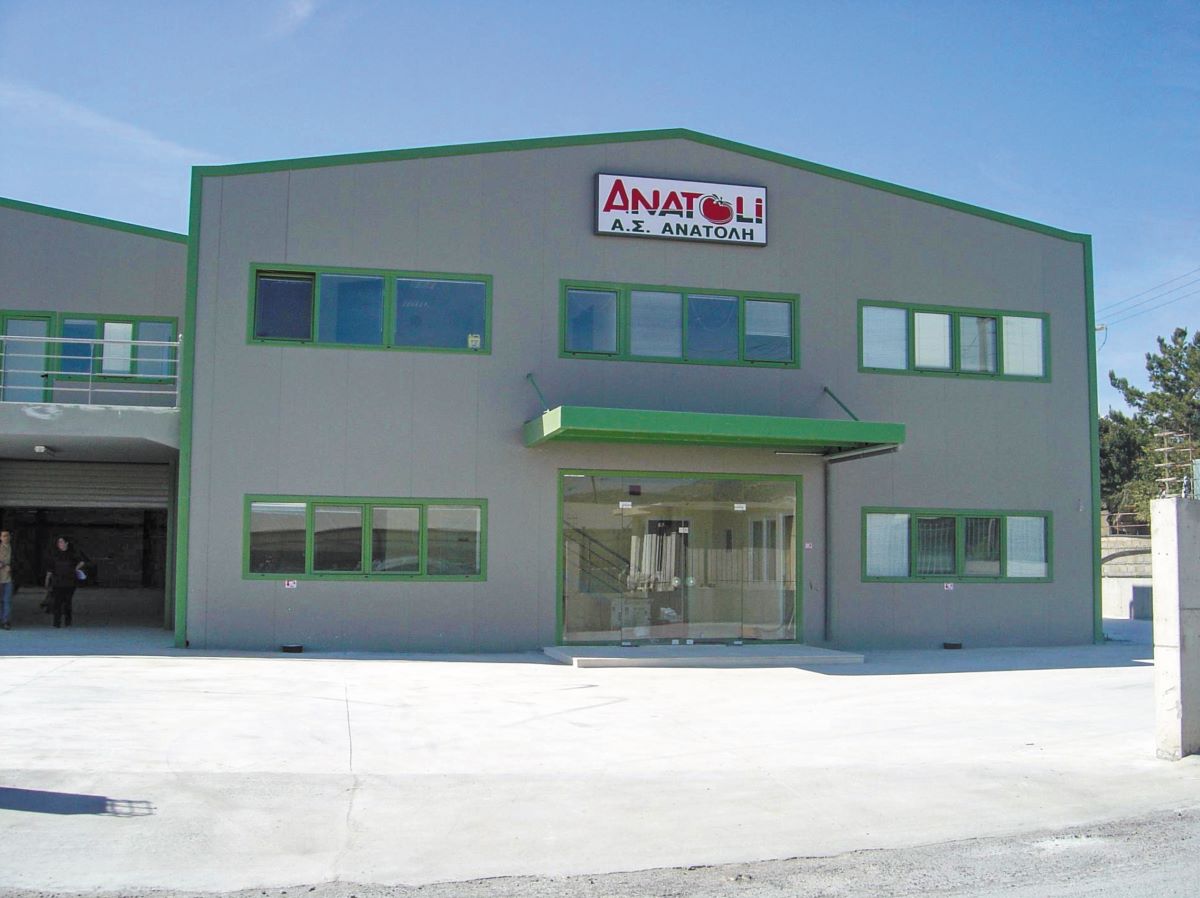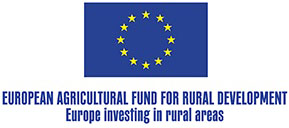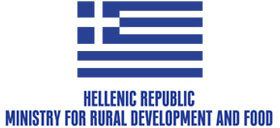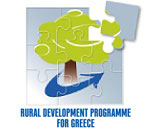
G. Karalakis, President of the ‘Anatoli’ Agricultural Association: “Biostimulants strengthen the plant and help it fight diseases”
The significant benefits gained from applying innovative biostimulants to greenhouse tomato cultivation are shared by Giorgos Karalakis, president of the ‘Anatoli’ Agricultural Association in Ierapetra, Crete, a partner in the pilot project of the ‘BIO-ADAPTATION’ Operational Group. The funded project of Measure 16 “Cooperation” is being implemented under the scientific guidance of the Laboratory of Vegetable Production at the Agricultural University of Athens and the coordination of GAIA EPICHEIREIN, which is highly experienced in the implementation of such programmes.

Mr. Karalakis refers to the cooperative’s objectives and the ‘persistence’ of its producers/members in adopting new practices in cultivation. “The implementation and certification of Integrated Management programmes and quality systems, as well as the offer of high-tech services by specialised scientific personnel, have resulted in an increase in production of 10%-12% per year,” he underscores. In the context of adopting the above scientific innovations, the cooperative is participating in the Operational Group’s project aimed at implementing and evaluating innovative biostimulants that reduce the water and fertiliser needs of plants in greenhouse tomato cultivation.
The ‘Anatoli’ Agricultural Association was founded on 17 December 2000 by a group of farmers/vegetable producers in the region, for the purpose of equal cooperation and mutual assistance of its members/partners in economic, social and cultural development, and their promotion, through a co-owned and democratically administered enterprise.
Today, the cooperative has over 200 members, and together they cultivate a total of over 100 hectares, a fact that has led to Anatoli’s being considered one of the leading cooperatives in the sector in Greece, with its own facilities, packing centre and auction centre. “A significant percentage of the cooperative’s products – up to 90% of some products, such as cucumbers – are marketed abroad in the Balkans and throughout Europe,” said the president of the Anatoli Agricultural Association.
The cooperative’s auction house is open to domestic and foreign traders. However, export activity, which the cooperative supports through participation in programmes and exhibitions, is very important, because, as Mr. Karalakis notes, “exports mean better and more stable prices.” He also added that “if all our products go to the vegetable market in Athens or Thessaloniki, prices will fall.”
A major asset for the cooperative is its winter vegetable production, as well as the quality of the products it produces, which are free from pesticides. “Right now, we are finishing the planting. In October-November, all the greenhouses have been planted and we are starting to harvest. In January-February we are at the height of production, and we have production up to May-June,” he explains.
“You have to find and use the right formulation, depending on a plant’s needs. A different one during development, another one during fruit set, and another one shortly before harvesting,” – Giorgos Karalakis, president of ‘Anatoli’ Agricultural Association
Major benefits
The participation of producers in the BIO-ADAPTATION Operational Group has brought major benefits, he notes. “Our producers are well informed and advanced in terms of technology that can help cultivation. They use everything new that comes out.” The cooperative’s agronomists help with the adoption and implementation of new technologies. According to Mr. Karalakis, “they go to crops every day and help producers.”
The application of biostimulants has very positive results for production. “They impart quality and colour and quantity,” Mr. Karalakis explains. “Biostimulants help the plant in terms of nourishment, fighting diseases, gaining strength; they give the plants substances they can’t get from the soil,” he adds.
The positive changes in greenhouse tomato cultivation using biostimulants are significant. However, as the president of the cooperative points out, “you have to find and use the right formulation, depending on a plant’s needs. A different one during development, another one during fruit set, and another one shortly before harvesting.”





